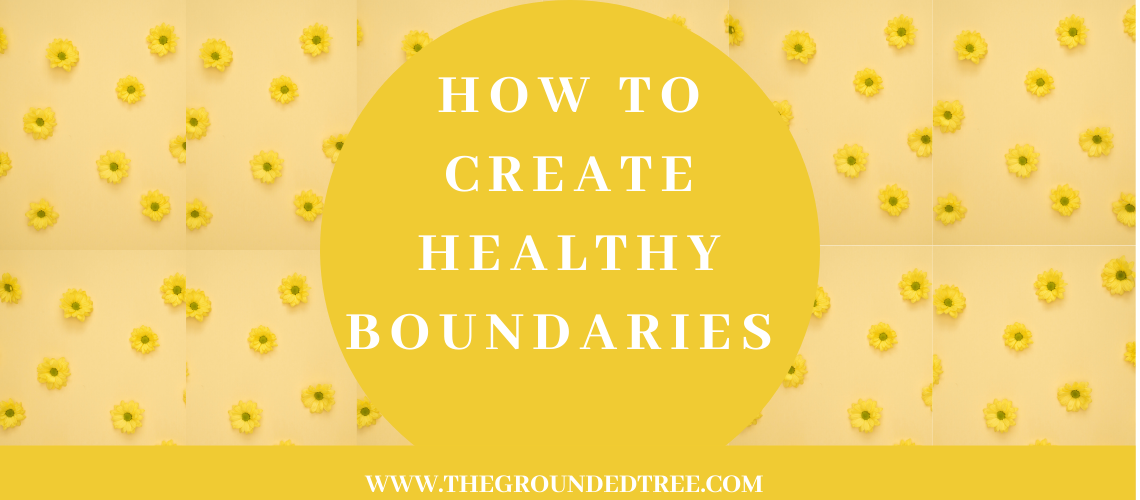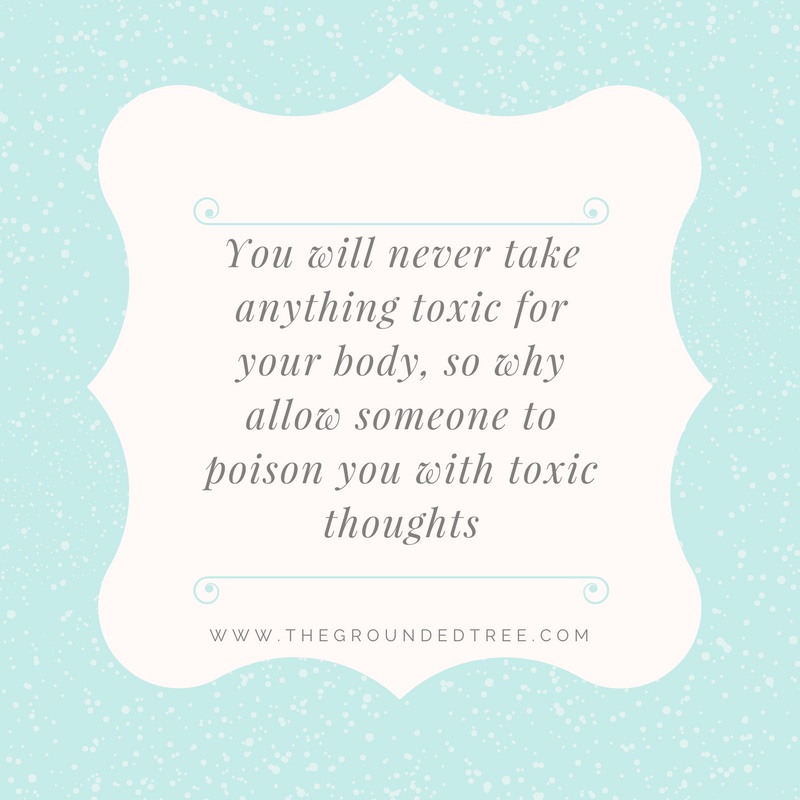Boundaries can take place in many forms and they don’t always have to be boundaries on another person, it can also be applied to self boundaries. Personal boundaries are essentially put in place to create healthy ways of navigating and communicating with others or yourself. It sets a tone of what you will tolerate and self-compassion for one’s self through acknowledgement and being respected. When we hear the word boundaries we often think something along the lines of separation, division or limits and when expressing our thoughts to someone they could perceive it as not wanting to speak to them as much. However, that should not stop a person from creating healthy steps to maintain their wellbeing
Implementing boundaries with people who you already have a relationship with can feel very awkward or feel like you are creating a divide but, in any relationship expressing yourself is a great way to understand another person’s needs and also will benefit your wellbeing in the long run. Boundaries can be formed in friendships, relationships, at work, with yourself and many more.

Let us get into the benefits of why we should create healthy boundaries.
- Creating boundaries removes the anxiety and stress of experiencing things that do not contribute to your mental health and well being: Ever experienced being invited out somewhere and feeling obligated to go and once you arrive at the destination, all you want to do is leave but you are rooted to the ground, swarmed with thoughts like a bee’s nest and overthinking what people would say if you left the event, resulting in you having a mini anxiety attack. All of this could be avoided if you set healthy boundaries for yourself and ask yourself if this is truly something you want to attend.
- Healthy boundaries allow you to successfully communicate your wants and needs without disregarding your feelings:
We often ignore our feelings to please others but, it is we who feel it in the end. Not validating your feelings can lead to burn out.
- Boundaries can be flexible:
They don’t have to be strict, ridged instruction that can not be moved. The fluidity of boundaries allows you to communicate and check with the other person.
- Boundaries are the psychological self-care that we don’t see but feel
- Boundaries develop a healthy respect for one self
Examples of healthy boundaries:
- Limiting your consumption use on social media or technology
- Keeping away from people who don’t contribute to your mental health
- Having self-compassion for yourself
- Validating your feelings and response to situation
- Saying no without feeling guilt
- Physically removing yourself from places that make your anxiety rise
- Not sacrificing your plans or goals to please others
Live everyday with gratitude X







